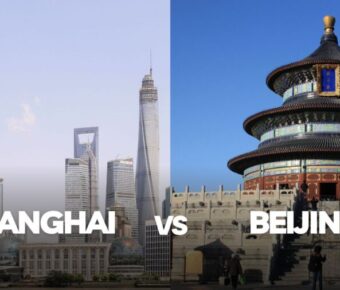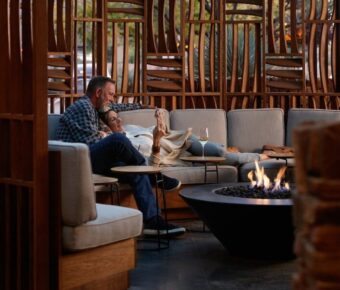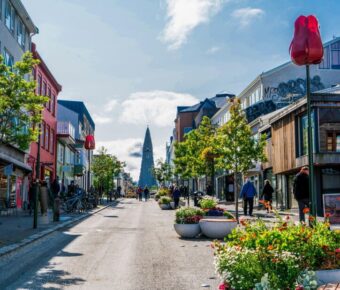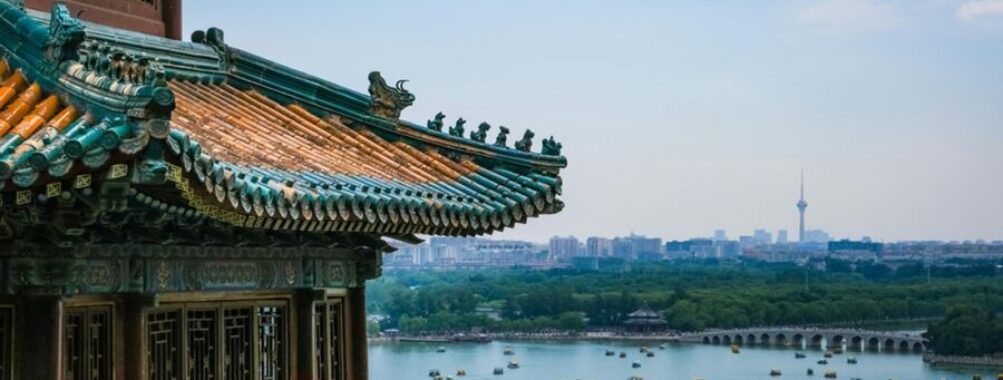
Is Beijing Safe: 5 Surprising Facts Every Traveler Should Know
Beijing, the capital of China, draws millions of visitors each year with its rich history and modern wonders. Many travelers wonder about safety in this massive city of over 21 million people. Beijing is generally a safe destination for tourists, with low crime rates and a high safety index.
The city has strict security measures in place, especially around popular attractions like the Forbidden City and Tiananmen Square. Police and security personnel are visible throughout Beijing, helping to deter crime and assist visitors.
While Beijing is quite safe, tourists should still take normal precautions. Watch out for pickpockets in crowded areas and tourist spots. Be wary of common scams targeting foreigners. With basic awareness, most visitors have a safe and enjoyable time exploring this fascinating Chinese metropolis.
Contents
- Understanding Safety in Beijing
- Crime and Prevention
- Common Crimes and Scams
- Pickpocketing and Theft
- Measures Against Violent Crime
- Natural Hazards and Weather Conditions
- Air Quality and Pollution
- Weather Patterns
- Preparing for Natural Disasters
- Navigating Local Laws and Regulations
- Transportation and Accessibility
- Public Transit Options
- Safety on Buses and Subway
- Private Transportation Considerations
- Health and Travel Insurance
- Special Considerations for Specific Travelers
- Women Travelers
- Accessibility Needs
- Advice for Long-Term Stays
- Cultural Insights and Etiquette
- Cultural Sites and Heritage
- Behavior and Customs
- Language and Communication
- Money and Currency
- Using Local Currency
- Managing Money Safely
- Lifestyle and Leisure
- Dining and Food Experiences
- Nightlife and Entertainment
- Shopping and Commerce
- Emergency Services and Assistance
- Frequently Asked Questions
- What safety concerns should solo female travellers be aware of in Beijing?
- How does the safety in Beijing for expatriates compare to other major cities?
- Can American tourists expect a welcoming environment when visiting Beijing?
- What precautions should be taken when exploring Beijing at night?
- Are there any specific safety advisories for Indian nationals staying in Beijing?
- How has the safety situation in Beijing evolved for foreigners over recent years?
- More Travel Guides
Understanding Safety in Beijing
Beijing is a big city with lots of people, but it’s pretty safe for visitors. The police are out and about, keeping an eye on things. Most folks who go there don’t run into any big problems.
Still, it’s smart to be careful. Like in any big city, pickpockets might try to snatch your stuff. Keep your bags close and watch out in crowded spots.
The city has a good safety score – 66 out of 100. That puts it up there with the safest cities in China. Violent crime isn’t a big worry for tourists.
Here are some quick tips to stay safe:
- Stay alert in busy areas
- Don’t flash expensive things around
- Use official taxis or ride services
- Be extra careful at night
Traffic can be wild in Beijing. Cars, bikes, and people are all over the place. Look both ways before crossing streets!
Food safety is something to think about too. Stick to places that look clean and popular. Street food can be yummy, but pick stalls where you see lots of locals eating.
Crime and Prevention
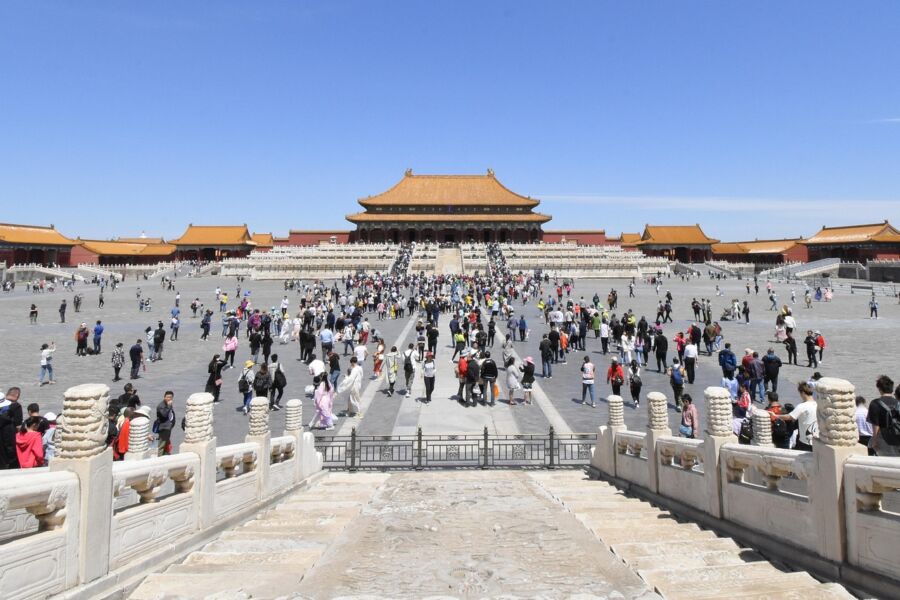
Beijing is generally safe, but visitors should stay alert. Petty crimes and scams happen in tourist areas. Violent crime is rare thanks to strict laws and police presence.
Common Crimes and Scams
Tourists in Beijing may encounter a few common scams. The tea ceremony scam is one to watch out for. Friendly locals invite you to a tea house, then stick you with a huge bill. Another trick is the art student scam. People claim to be art students and ask you to buy overpriced artwork.
Fake taxis are also an issue. Always use official taxis or rideshare apps. Some scammers pose as police and ask to check your wallet. Real police won’t do this.
Be wary of strangers who seem too friendly or pushy. Trust your gut if something feels off. Most locals are genuinely kind, but it’s smart to be cautious with overly eager “helpers.”
Pickpocketing and Theft
Pickpockets work in crowded areas like markets, subways, and tourist spots. They often work in teams to distract victims. Keep valuables close and use a money belt under clothes.
Don’t flash expensive items or large amounts of cash. Leave important documents in your hotel safe. Only carry what you need for the day.
On public transport, watch your belongings closely. Thieves may try to grab bags as subway doors close. Hold bags in front of you in busy areas.
At restaurants, don’t hang bags on chairs or put phones on tables. Snatch-and-grab thefts can happen fast.
Measures Against Violent Crime
Violent crime against tourists is very uncommon in Beijing. The city has a strong police presence and strict gun control laws. Walking alone at night is generally safe in most areas.
Still, use common sense. Avoid dark alleys and sketchy neighborhoods late at night. Don’t get drunk or accept drinks from strangers.
If you need help, look for a police officer or go to a police station. The emergency number is 110. Most officers speak some English.
Hotels often have security guards. Let staff know if you feel unsafe. They can help or contact police if needed.
Natural Hazards and Weather Conditions
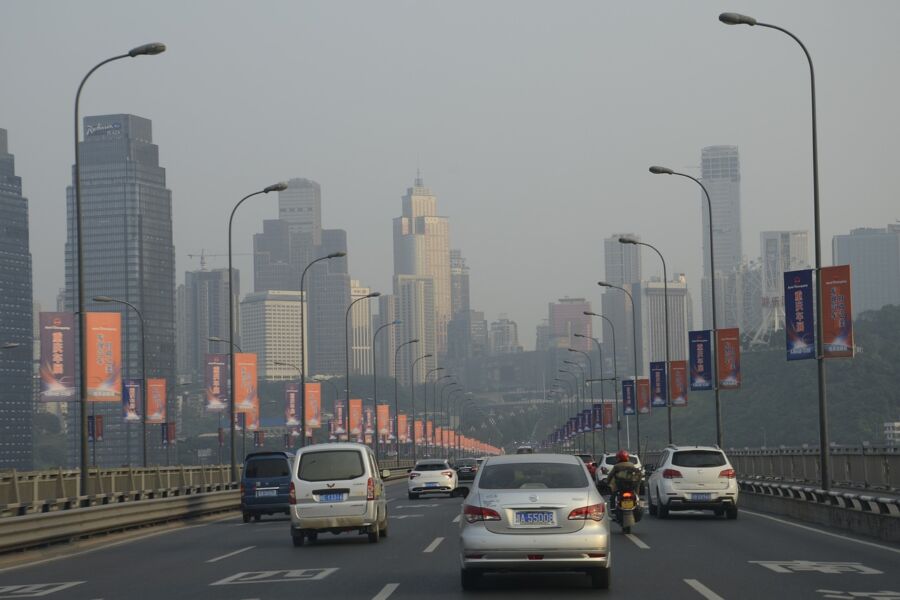
Beijing faces a few environmental challenges that visitors should be aware of. These include air quality issues, seasonal weather changes, and the occasional natural disaster risk.
Air Quality and Pollution
Beijing’s air quality can be a concern for travelers. The city sometimes experiences high levels of air pollution, especially during winter months. This is due to a mix of industrial emissions, vehicle exhaust, and weather patterns that trap pollutants.
On bad air days, the sky may look hazy or gray. Some people might feel irritation in their eyes or throat. Visitors with breathing problems or heart conditions should be extra careful.
To stay safe:
- Check daily air quality reports
- Wear a mask on heavily polluted days
- Limit outdoor activities when air quality is poor
- Stay indoors if the air quality index is very high
Weather Patterns
Beijing has four distinct seasons, each with its own charm and challenges:
Spring (March-May):
- Mild temperatures
- Occasional sandstorms from the Gobi Desert
- Cherry blossoms in bloom
Summer (June-August):
- Hot and humid
- Frequent thunderstorms
- Peak tourist season
Fall (September-November):
- Cool and dry
- Clear skies
- Colorful foliage in parks
Winter (December-February):
- Cold and dry
- Occasional snow
- Festive atmosphere during Chinese New Year
Pack clothes that suit the season you’re visiting in. Bring sunscreen and a hat for summer, and warm layers for winter.
Preparing for Natural Disasters
While major natural disasters are rare in Beijing, it’s good to be prepared:
Earthquakes: Beijing sits in a seismically active zone. Most quakes are small, but larger ones can happen. Know your hotel’s evacuation routes and keep an emergency kit handy.
Floods: Heavy summer rains can cause flash floods in some areas. Stay alert for weather warnings and avoid low-lying areas during storms.
Tips for staying safe:
- Save emergency numbers in your phone
- Follow local news for weather updates
- Know your hotel’s safety procedures
- Keep some cash and important documents with you
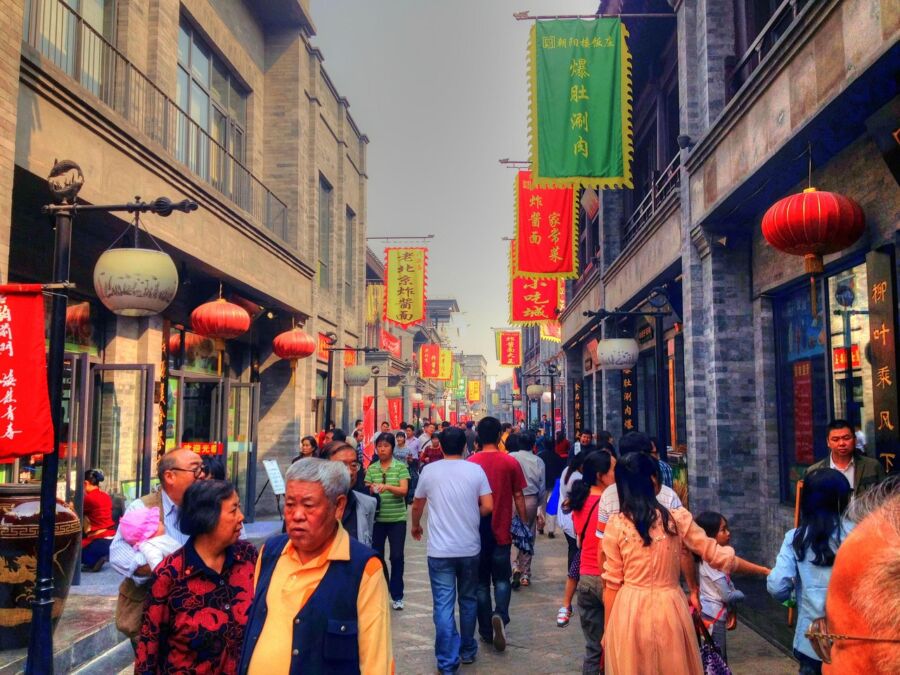
Beijing has some unique rules that visitors should know about. Tourists need to carry their passport at all times. Police may ask to see it during random checks.
Taking photos of government buildings is a big no-no. It could land someone in hot water with the authorities. Stick to snapping pics of the Great Wall and other famous sights instead.
Smoking is banned in many public places in Beijing. This includes restaurants, hotels, and public transport. Smokers should look for designated areas to light up.
China has strict laws about drugs. Even small amounts can lead to severe punishments. It’s best to avoid anything illegal entirely.
Free speech isn’t protected like in some other countries. Visitors should be careful about discussing sensitive political topics in public.
Some websites and apps are blocked in China. Travelers might want to download a VPN before their trip if they need access to these services.
Taxis in Beijing must use meters. If a driver tries to negotiate a flat fare, it’s probably best to find another cab. Licensed taxis are easy to spot – they’re painted in specific colors.
Transportation and Accessibility
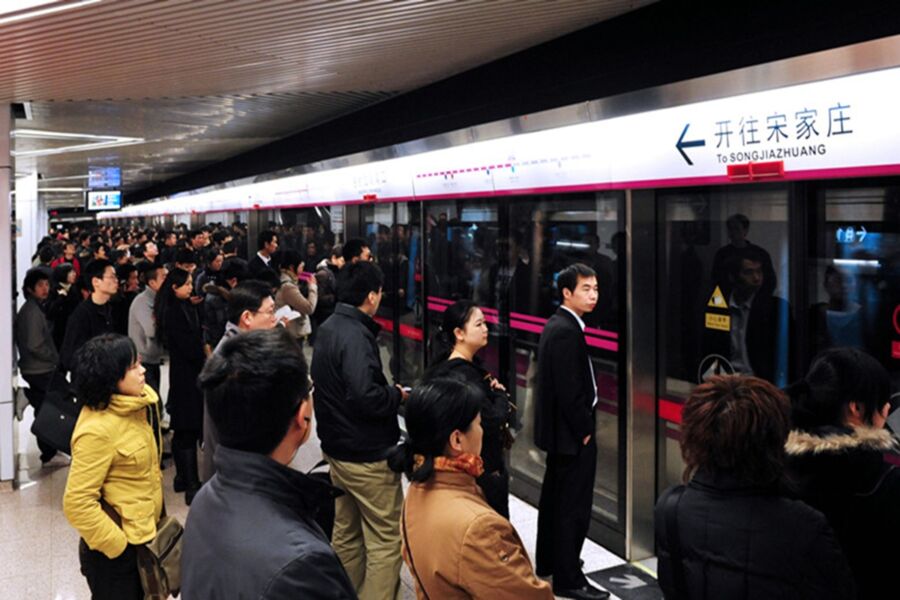
Getting around Beijing is pretty easy these days, with lots of options for locals and tourists alike. The city’s made big strides in making transportation accessible for everyone too.
Public Transit Options
Beijing’s subway system is huge and keeps growing. It’s cheap and goes almost everywhere you’d want to visit. The trains run often and are usually on time. Signs and announcements are in English and Chinese, which helps travelers.
Buses are another good choice. They cover more of the city than the subway. But they can get crowded during rush hour. Some buses have special lanes, so they move faster than cars stuck in traffic.
Both buses and subways have ramps and spaces for wheelchairs. Many stations have elevators too. This makes it easier for people with mobility issues to use public transport.
Safety on Buses and Subway
Beijing’s public transit is pretty safe. Pickpocketing can happen, but it’s not super common. Keep your stuff close and you’ll be fine.
The subway has security checks at the entrance. It might slow you down a bit, but it helps keep everyone safe. Cameras are everywhere on buses and trains.
At night, some subway cars have women-only sections. This can make solo female travelers feel more comfortable.
Buses and trains can get really packed during busy times. It’s not dangerous, but it can be uncomfortable if you’re not used to it.
Private Transportation Considerations
Taxis are easy to find in Beijing. They’re safe and not too expensive. Make sure the driver uses the meter. It’s good to have your destination written in Chinese to show the driver.
Ride-hailing apps like Didi (China’s version of Uber) are popular. They’re often cheaper than taxis and you can see the route and price before you ride.
Renting a bike is fun for short trips. Beijing has lots of bike lanes. But be careful – traffic can be crazy. Wear a helmet and watch out for cars and scooters.
If you have mobility issues, some tour companies offer accessible vans. These can be a good way to see sights like the Great Wall.
Health and Travel Insurance
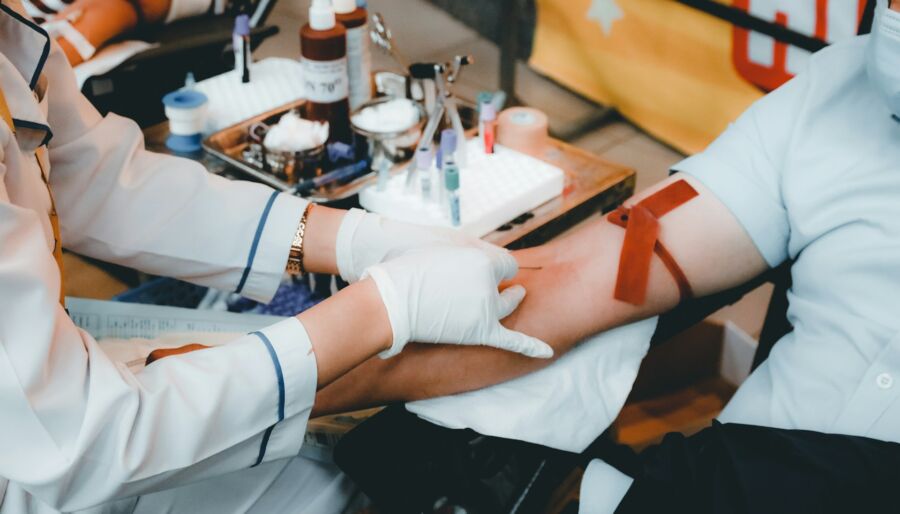
Getting sick or hurt in a foreign country can be scary. That’s why it’s smart to get travel insurance before visiting Beijing. It covers medical costs if you need to see a doctor or go to the hospital.
Many travelers don’t realize that their regular health insurance often doesn’t work overseas. Travel insurance fills that gap. It can pay for things like emergency care, medications, or even getting you back home if needed.
Food safety is another thing to think about in Beijing. While the city has lots of yummy street food, it’s best to be careful. Stick to places that look clean and busy. And always drink bottled water to avoid tummy troubles.
Speaking of water, it’s a good idea to carry a reusable water bottle. You can fill it up at your hotel or buy big jugs of water to refill it. This saves money and helps keep you hydrated in Beijing’s busy streets.
Remember, travel insurance isn’t just for health stuff. It can also help if your bags get lost or your trip gets cancelled. It’s a small cost that can save you big headaches later.
Special Considerations for Specific Travelers
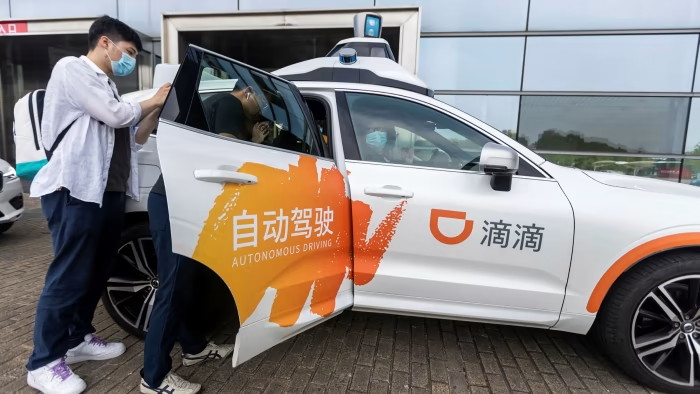
Beijing welcomes all kinds of visitors, but some groups might need extra planning. Safety concerns and cultural differences can affect your trip. Let’s look at what different travelers should keep in mind.
Women Travelers
Women visiting Beijing should feel pretty safe, but it’s smart to be careful. Stick to well-lit areas at night and watch your drink in bars. Dress modestly to avoid unwanted attention.
Some public bathrooms in Beijing are squatting toilets, so pack toilet paper and hand sanitizer.
Solo female travelers might get some curious looks, but don’t worry – it’s usually just friendly interest. If you’re uncomfortable, join a tour group or make friends with other travelers.
Remember, Beijing is a big city. Use common sense like you would anywhere else. Trust your gut if a situation feels off.
Accessibility Needs
Beijing has made progress on accessibility, but there’s still work to do. Many tourist spots now have ramps and elevators. The subway also has good accessibility features.
But old areas like hutongs can be tricky to navigate in a wheelchair. Sidewalks aren’t always smooth, and curb cuts are hit-or-miss.
Some tips:
- Book hotels with accessible rooms early
- Use DiDi (China’s Uber) for wheelchair-friendly rides
- Check if attractions have accessibility info online
- Bring any mobility aids you need – don’t count on renting
Advice for Long-Term Stays
Settling into Beijing for a while? You’ll need to register with the local police within 24 hours of arrival. Your hotel usually does this for you, but if you’re renting, you’ll need to do it yourself.
Air quality can be an issue, so invest in good air purifiers for your home. You might want to buy masks for bad air days too.
Learning some basic Mandarin will make daily life much easier. Even just a few phrases can go a long way.
Health insurance is a must. Make sure your policy covers China, or get local insurance.
Join expat groups on social media. They’re great for advice and making friends. The Beijing community is pretty welcoming to newcomers.
Cultural Insights and Etiquette

Beijing offers a rich cultural experience steeped in thousands of years of history. Visitors should be aware of local customs and etiquette to show respect and avoid unintentional offense. Learning a few key phrases in Mandarin can go a long way in connecting with locals.
Cultural Sites and Heritage
Beijing boasts some of China’s most iconic landmarks. The Great Wall snakes across rugged mountains north of the city – a breathtaking sight that shouldn’t be missed. The Forbidden City, once home to Chinese emperors, is a vast complex of ornate buildings and courtyards in the heart of Beijing.
Tiananmen Square, one of the world’s largest public squares, sits just south of the Forbidden City. It’s flanked by important government buildings and museums. Visitors should be mindful that it’s a sensitive location with heightened security.
The stunning Temple of Heaven park offers a peaceful escape from the bustling city. Its circular buildings showcase traditional Chinese architecture and were used for imperial ceremonies.
Behavior and Customs
Chinese culture values respect, especially for elders. A slight bow or nod of the head is a common greeting. Avoid public displays of affection, which are frowned upon.
When dining out, it’s polite to try a bit of everything served. Don’t stick chopsticks straight up in rice – this resembles incense sticks at funerals. Tipping isn’t expected in most places.
Gift-giving is common, but avoid clocks or anything in sets of four, which are associated with death. Wrap gifts in red for good luck.
Remove shoes when entering someone’s home. Public spitting is unfortunately common, but best avoided by visitors.
Language and Communication
While English is becoming more common, especially among younger people, many Beijing residents don’t speak it fluently. Learning a few basic Mandarin phrases can be very helpful:
- Nǐ hǎo (Hello)
- Xièxiè (Thank you)
- Duìbuqǐ (Sorry/Excuse me)
- Cèsuǒ zài nǎlǐ? (Where’s the bathroom?)
Pointing is considered rude. Instead, gesture with an open hand. Facial expressions and tone of voice are important for conveying meaning. Speaking loudly in public spaces is generally looked down on.
Written Chinese uses characters rather than an alphabet. Having key addresses written in Chinese can help with directions. Many signs include English translations, especially in touristy areas.
Money and Currency
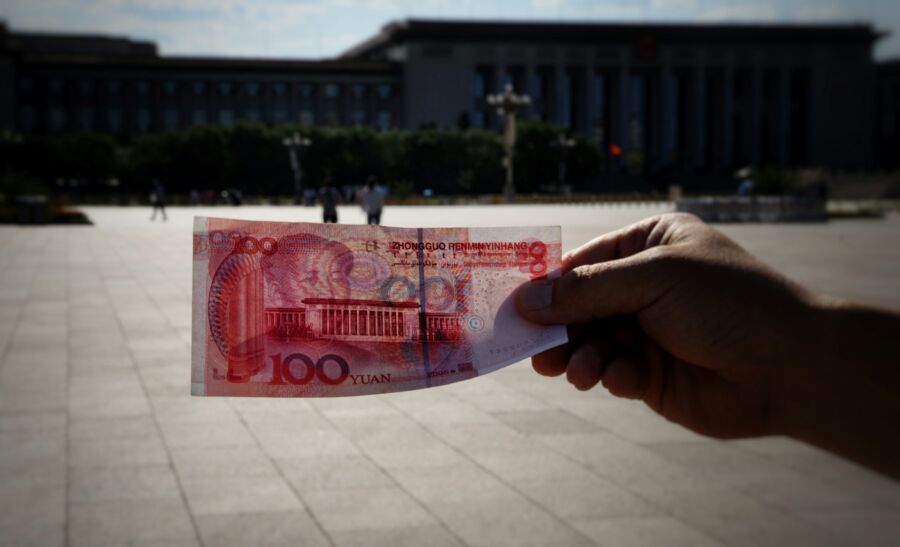
Beijing uses the Chinese yuan as its official currency. Visitors should familiarize themselves with local money practices to avoid scams and ensure smooth transactions during their trip.
Using Local Currency
The Chinese yuan, also called renminbi, is the only legal tender in Beijing. Most places don’t accept foreign money, so change your cash at banks or official exchange spots. ATMs are common in the city but may be scarce in rural areas. Bring some cash, as many small shops and street vendors only take yuan notes.
Credit cards work at big hotels and stores, but aren’t accepted everywhere. Let your bank know before you travel to China. This prevents your card from getting frozen for suspicious activity.
Watch out for fake bills. Check large notes carefully, especially from unofficial sources. Stick to ATMs at banks for the safest cash withdrawals.
Managing Money Safely
Keep your cash and cards secure in Beijing. Use the hotel safe for extra money and important documents. Only carry what you need each day. Split up cash between different pockets or bags as a precaution.
Be wary of street money changers offering good rates. They may give counterfeit bills or short-change you. Always count your change after transactions.
Pickpockets sometimes target tourists in crowded areas. Stay alert in busy spots like markets or the subway. Use a money belt under your clothes for added safety.
Consider getting some travel insurance before your trip. This can help if your wallet is lost or stolen. Having backup funds accessible online is also smart.
Lifestyle and Leisure

Beijing offers a vibrant mix of traditional and modern experiences for visitors. The city’s unique blend of ancient culture and cosmopolitan flair creates endless opportunities for dining, entertainment, and shopping.
Dining and Food Experiences
Beijing’s food scene is a feast for the senses. The city is famous for Peking duck, a crispy-skinned roasted duck served with thin pancakes and savory sauces. But there’s so much more to try! Street food markets like Wangfujing Snack Street offer adventurous eats like scorpions on sticks and candied fruit.
For a more upscale meal, check out the Michelin-starred restaurants popping up around town. Many blend Chinese and Western flavors in creative ways. Don’t miss trying hot pot, where you cook meats and veggies in a simmering broth right at your table. It’s perfect for chilly Beijing nights!
Vegetarians needn’t worry – Buddhist temple cuisine offers delicious meat-free options. And of course, dumplings are a must-try staple food.
Nightlife and Entertainment
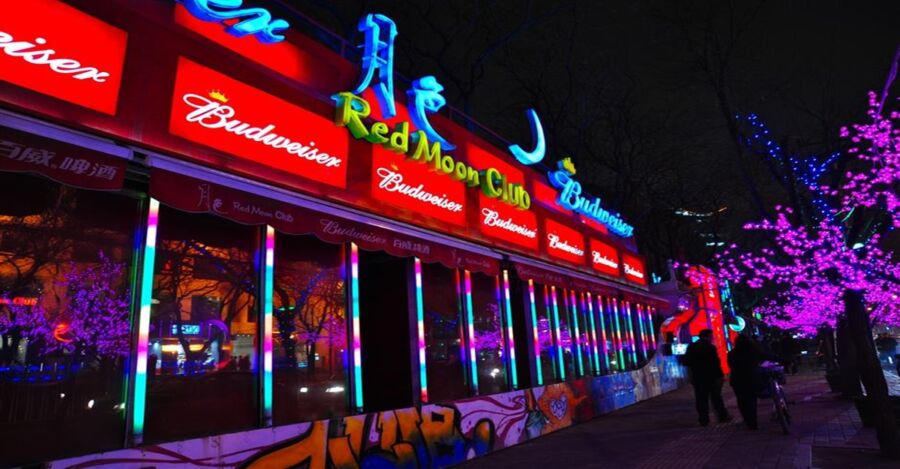
When the sun goes down, Beijing comes alive with energy. The Sanlitun area is packed with trendy bars and clubs where locals and expats mingle. For a more laid-back vibe, head to the hutongs (narrow alleys) to find hidden cocktail bars in converted courtyard homes.
Live music fans can catch shows at venues like Yugong Yishan or MAO Livehouse. The 798 Art District hosts gallery openings and events for the artsy crowd. And don’t miss the stunning acrobatics shows – a mix of traditional skills and modern stagecraft.
Movie buffs can catch the latest Hollywood blockbusters or art house films at theaters around town. Many show films in English with Chinese subtitles.
Shopping and Commerce
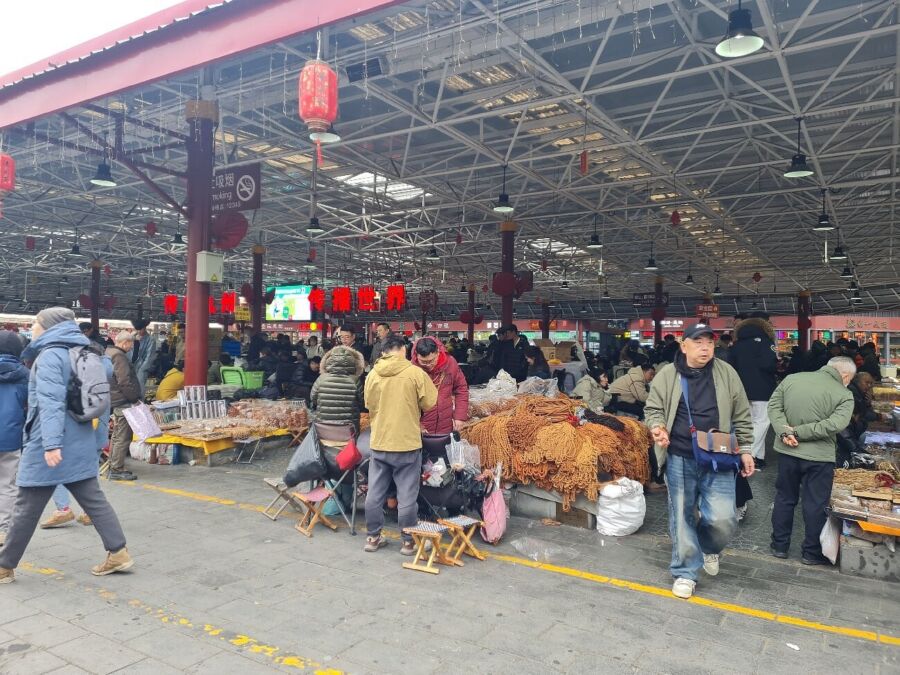
Beijing is a shopper’s paradise, with options for every budget. Bargain hunters flock to the Silk Market for knock-off designer goods (but brush up on haggling skills first!). For high-end shopping, the swanky Sanlitun Village mall houses luxury brands galore.
Traditional markets offer unique souvenirs like calligraphy sets, tea, and silk items. The Panjiayuan Antique Market is great for browsing curios and artwork. Tech geeks will love exploring the gadget-filled electronics markets.
For a modern twist on tradition, check out local designer boutiques in the hip Gulou area. They often blend Chinese elements with contemporary style. And don’t forget to pick up some quirky Mao-era propaganda posters as fun mementos!
Emergency Services and Assistance
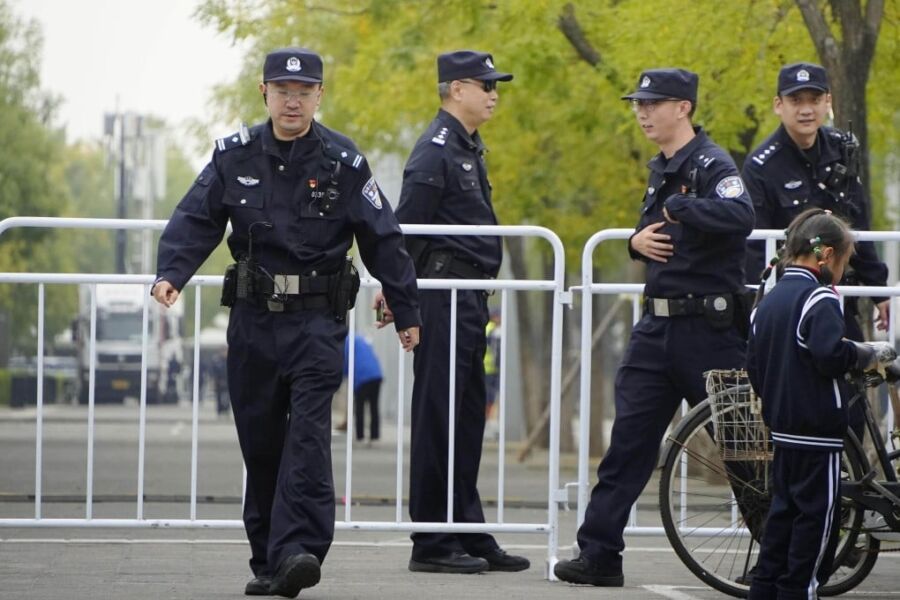
Beijing has pretty solid emergency services for visitors. If you need help, just remember these key numbers:
• Police: 110
• Fire: 119
• Ambulance: 120
The police respond quickly in Beijing. You’ll often see officers patrolling popular areas. This helps keep crime rates low.
For medical emergencies, Beijing has good hospitals. Some even cater to international patients. Beijing United Family Hospital has a 24-hour hotline at +86 (010) 5927 7120. They speak English too!
Tourists can get extra help from special support lines. These offer info on transport, hotels, and attractions. They speak multiple languages to assist foreign visitors.
Beijing takes public safety seriously. The city has lots of security cameras and checkpoints. This helps prevent crime and terrorism.
While it’s a safe city, use common sense. Watch your belongings in crowded spots. Avoid sketchy areas at night. And keep emergency numbers handy, just in case.
Frequently Asked Questions
Beijing is generally safe for tourists, but there are some important things to keep in mind. Let’s look at some common questions about safety in China’s capital city.
What safety concerns should solo female travellers be aware of in Beijing?
Solo female travelers can feel pretty safe in Beijing. The city has low crime rates against women. Still, it’s smart to stay alert in crowded areas and at night. Stick to well-lit streets after dark. Trust your gut if a situation feels off. Some women find it helpful to dress modestly to avoid unwanted attention.
How does the safety in Beijing for expatriates compare to other major cities?
Beijing is quite safe for expats compared to many big cities worldwide. Violent crime is rare. The biggest risks are usually petty theft or scams targeting foreigners. Air pollution can be a health concern some days. Traffic accidents are more common than in Western countries. But overall, most expats feel very secure living in Beijing.
Can American tourists expect a welcoming environment when visiting Beijing?
Most Beijingers are friendly to American visitors. They’re often curious to chat with foreigners. Some locals may want to practice their English. Occasionally, scammers target tourists at major sites. A few Americans have reported feeling unwelcome during times of political tension. But these are exceptions. Most find Beijing very hospitable.
What precautions should be taken when exploring Beijing at night?
Beijing is pretty safe at night, but a few simple steps help. Use official taxis or ride-hailing apps instead of unlicensed cabs. Avoid walking alone in unfamiliar areas late at night. Keep valuables out of sight. Be extra careful in bar districts where pickpockets sometimes operate. It’s a good idea to let someone know where you’re going.
Are there any specific safety advisories for Indian nationals staying in Beijing?
Indian visitors to Beijing don’t face any unique safety risks. The usual precautions for tourists apply. Be aware of your surroundings and guard against pickpocketing. Some Indian travelers say they sometimes get curious stares or questions. This is usually just friendly interest. Language barriers can be an issue, so having a translation app handy is useful.
How has the safety situation in Beijing evolved for foreigners over recent years?
Beijing has gotten safer for foreigners in many ways. Crime rates have stayed low and police presence has increased in tourist areas. There are more English signs and services. However, some new challenges have popped up too. Occasional diplomatic tensions affect how welcome some foreigners feel. Tighter visa rules have made long-term stays trickier. Air quality is still a concern but has improved.
